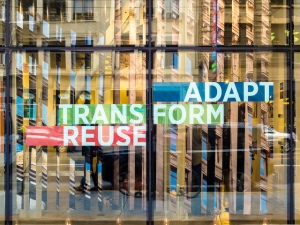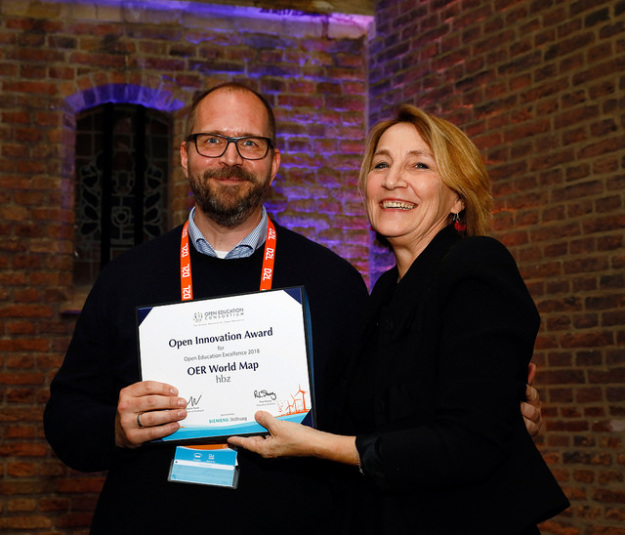
<Image by SPUR https://flic.kr/p/fb6bDM>
Reuse of OERs is an elusive, even mythical creature, so much so that Alan Levine has compared finding it to tracking Bigfoot. David Wiley has spoken of ‘dark reuse‘, like dark matter, we assume it’s going on but we can’t see it. But maybe we’re looking for the wrong thing, or at least calling it the wrong name.
We’ve just completed our annual report for the Hewlett Foundation, and reviewed our findings against the 11 hypotheses. We’ll put up the full report later, and dig into findings some more, but one thing that struck me was how much people say they adapt online resources. Contrary to findings on OER reuse, our surveys across informal learners, educators and formal learners uncovered a comparatively high level of adaptation amongst all types of users of 79.4%, (n=1765).
However, how people interpret adaptation varies. For some users it means using the resources as inspiration for creating their own material, as this quote illustrates:
“What I do is I look at a lot of free resources but I don’t usually give them directly to my students because I usually don’t like them as much as something I would create, so what I do is I get a lot of ideas.”
While this is an important use of OER (and perhaps under-reported), it arises principally as a result of their online availability rather than openness. However the freedom to reuse ideas is encouraged with an open licence and users feel free to do so. For other users, adaptation is more direct, editing or reversioning the original, aggregating elements from different sources to create a more relevant one, as this quote demonstrates:
“The problem where I teach now is that we have no money; my textbooks, my Science textbooks are 20 years old, they’re so out-dated, they don’t relate to kids (…) so I pick and pull from a lot of different places to base my units; they’re all based on the Common Core; for me to get my kids to meet the standards that are now being asked of them, I have no choice, I have to have like recent material and stuff they can use that’ll help them when they get assessed on the standardised test.”
And for others, adaptation may be taking an existing resource and placing it in a different context within their own material. The resource isn’t adapted, but the manner in which it is used is altered.
What this suggests is that there may be a continuum of adaptation in practice, ranging from adapting ideas for their own material to full reversioning of content. So why is there this discrepancy between our findings and the commonly reported dearth of reuse? Maybe it’s semantics? Reuse is perhaps a very OER specific way of putting it, and people aren’t sure if what they’ve done counts as reuse. Or maybe reuse sounds cheap, like stealing, whereas adapting has connotations of improving, taking ownership of, being active. Or maybe we’ve just been asking the wrong people. I think it is less a case of dark reuse as varied adaptation, and that is an interesting picture. As usual people aren’t quite doing what we expected of them, but something slightly different. Those pesky people.





I recall Masterman and Wild (2011) reach a similar conclusion. But my suspicion is that the entire educator-content-student nexus is under-theorised. The Pearson “Efficacy” stuff might develop something interesting in this space, despite the atheoretical basis in deliverology.